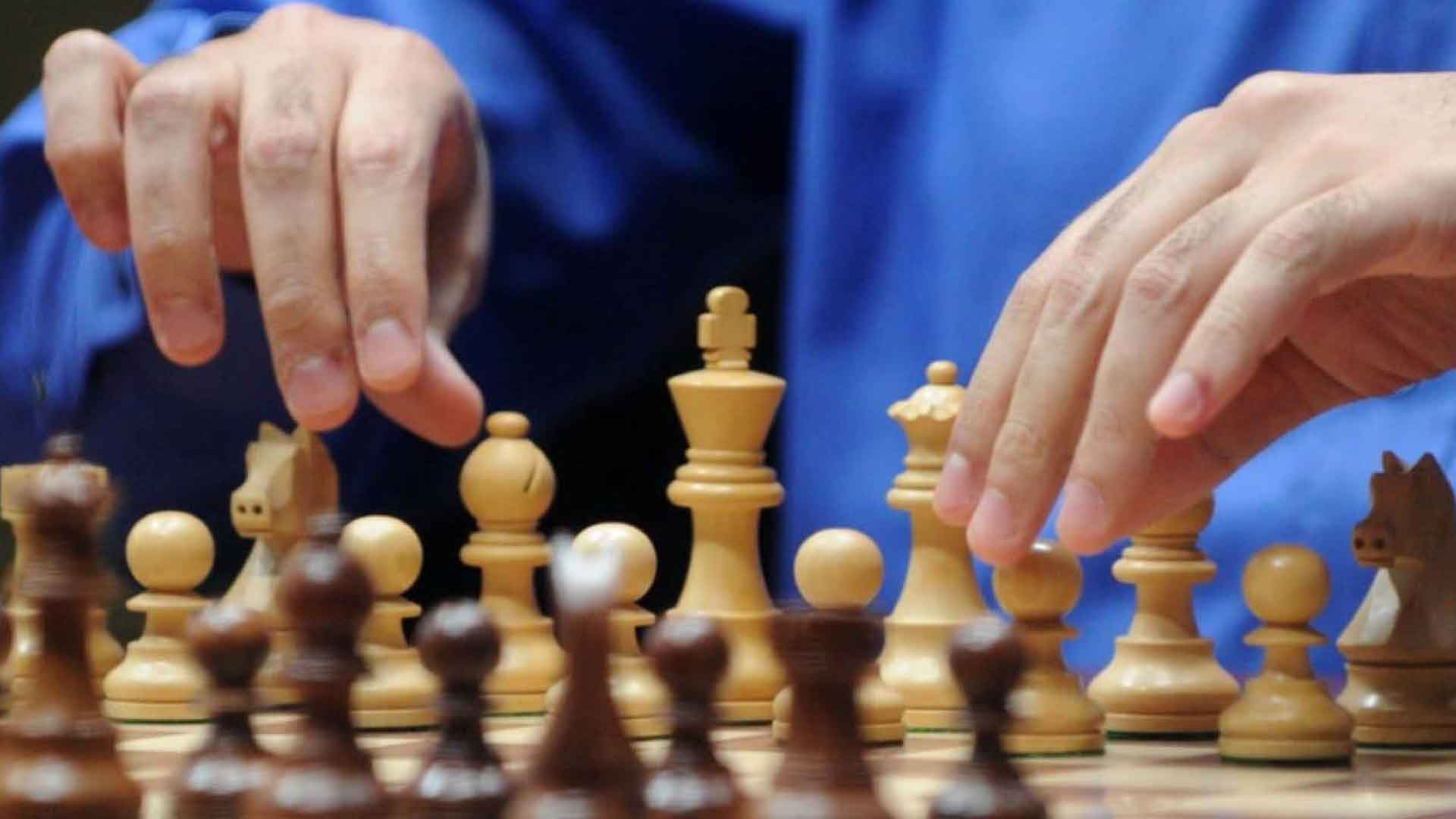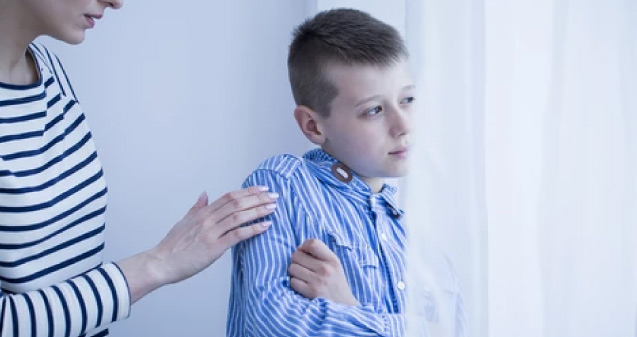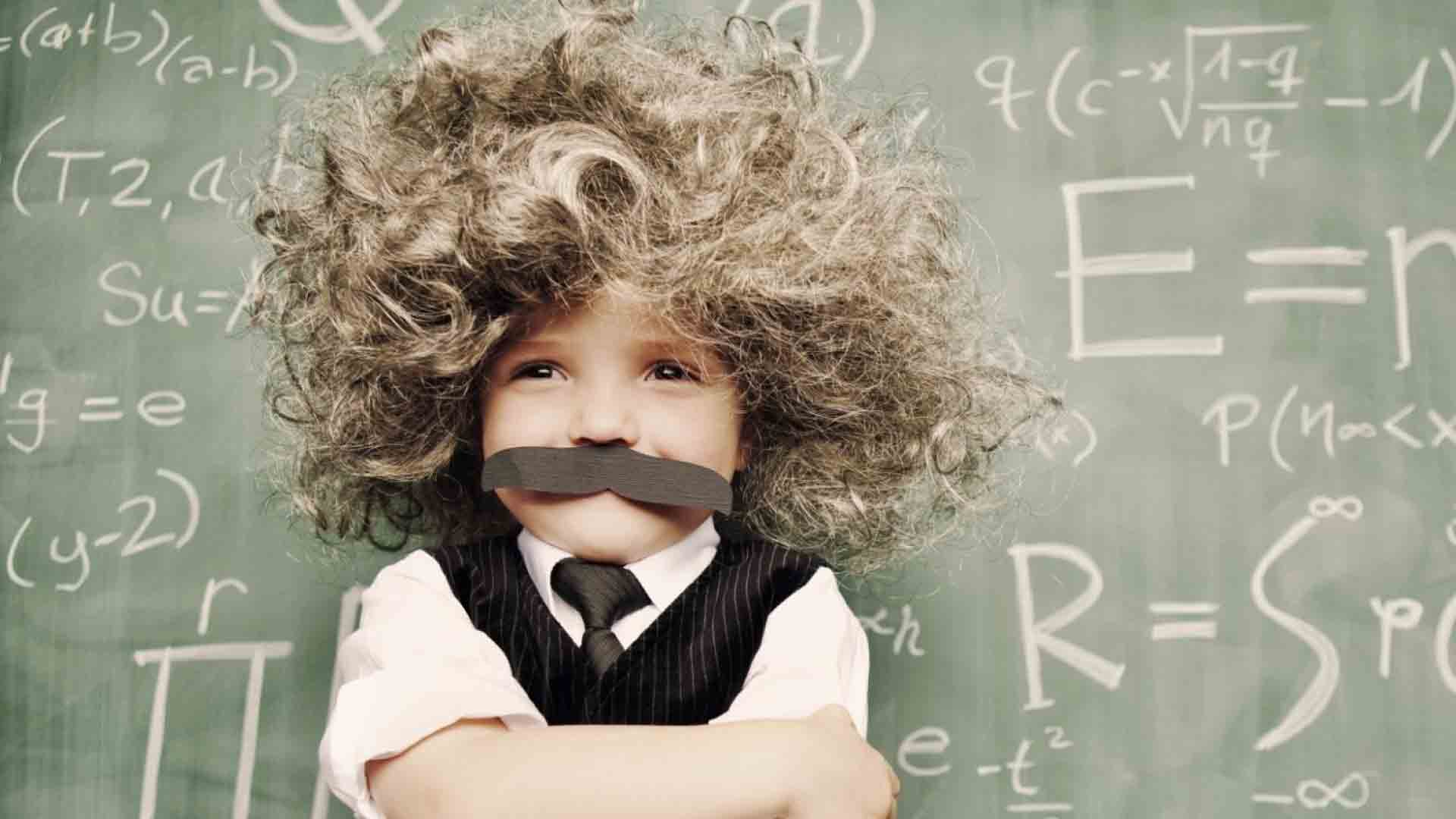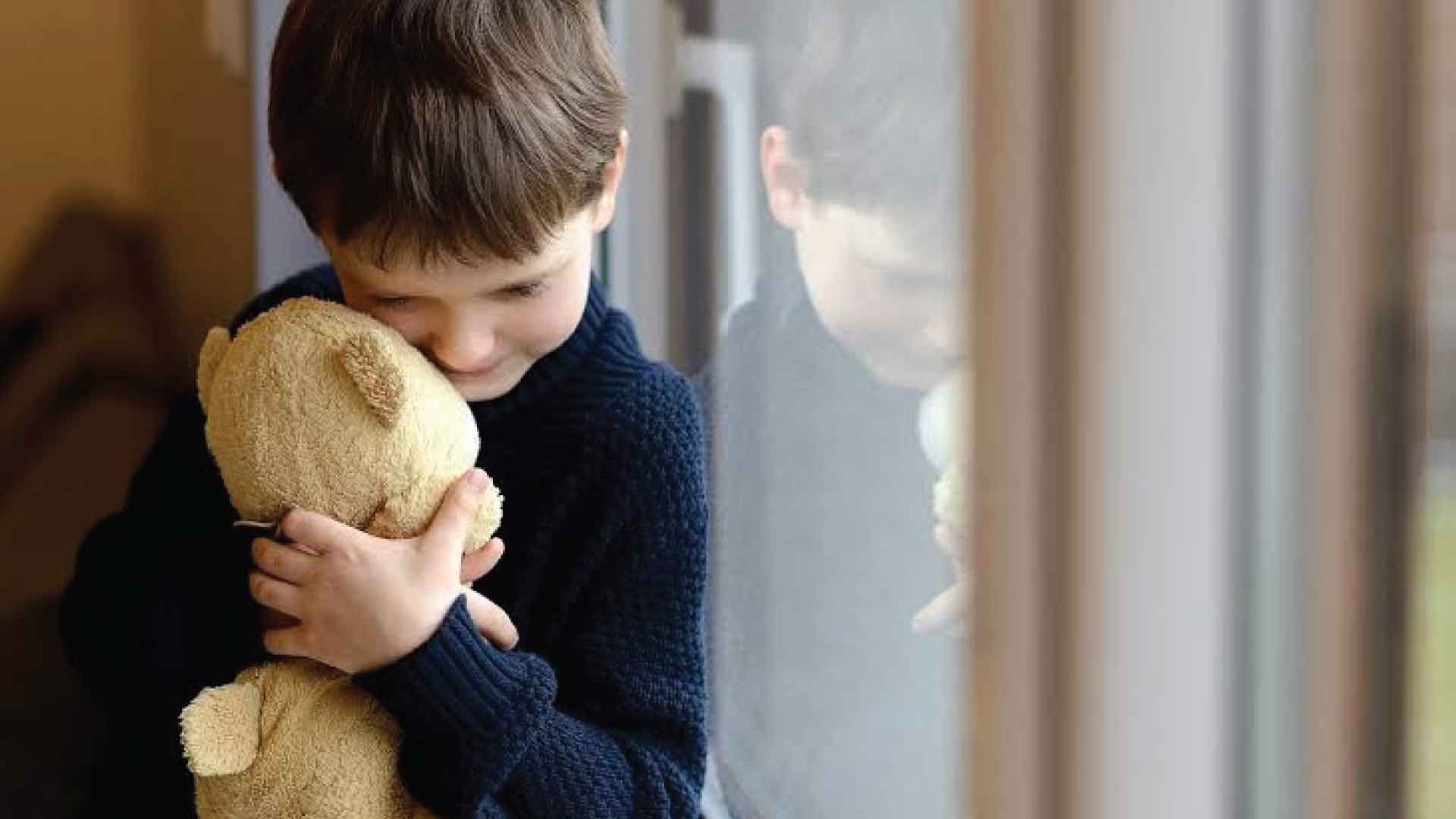Bullying is unwanted, aggressive behaviour among children that involves a real or perceived power imbalance. It is nothing more than a display of power, achieved to gain a temporary status of superiority over others and especially over a person, who is weak and cannot fight back with others. It includes actions such as making threats, attacking someone physically or verbally, spreading rumours and excluding someone from a group intentionally.
“Bullies cause depression. Depression causes suicide. Are you a murderer?”
Why do student practice bullying?
- Mostly,
the incidents occur from a group of students belonging to the same class or
friends circle. Such groups single out another student who is comparatively
weak or different from others. They irritate and trouble him until he breaks
down.
- There are
various other situations that lead to such behaviour. Stressful situations also
make students practice bullying. Maybe he is abused at home or being treated
badly by someone and unleashes his frustration by hurting others.
- Another important factor is the Family.
It plays an important role in shaping a child’s mind. Students having
dysfunctional families, where parents fight and argue more often are more prone
to become a bully.
Types of Bullying:
At times, it becomes hard to quickly point out
bullying because it is not always the case of physical beating. There are
various kinds of bullying such as:
- Physical
Bullying: Undoubtedly, physical bullying is the one where a group of students
or a strong student physically assaults or beats another student who is weak
and cannot fight. This can be easily observed and identified.
- Verbal
Bullying: it could be the initial stage of bullying. Giving offensive
nicknames, abusing a student and his family are examples of verbal bullying.
- Psychological
Bullying: It is quite difficult to observe and notice this kind of bullying.
This includes actions such as spreading rumours about a student, creating
circumstances that cause him embarrassment and humiliation in public which
results in his isolation and alienation from friends and closed ones.
- Cyber Bullying: here, the medium is
social media. Students in order to humiliate others post various photos or
videos of embarrassing moments of an individual.
Signs that your child is being bullied:
It is not always necessary that you can notice
bullying on the initial stage. Many times, it reaches its extreme and parents
get no clues of when it all happened. Here, are some signs that can help
parents to identify if their child is being bullied:
- Usually
extrovert, your child may suddenly become very self-conscious and withdraw
himself from all activities.
- He
wouldn’t want to go to school or college and may throw tantrums, giving excuses
that make no sense.
- His
behaviour might show signs of depression, accompanied by a drop in academic
performance.
- His
clothes might be torn, belongings might be broken and he might have some marks
on his body, which he may try to hide with reasons that make no sense to you.
- He might
have rampant headaches, stomach problems and difficulty in sleeping.
- His eating habits might change,
suddenly appetite may reduce and unusual behaviour might be noticed.
What can parents do if their child is being
bullied?
If you get to know that your child is being bullied, then you can take steps to stop it by:
- Bring it
to the notice of school/college authorities and demand for immediate action.
- Comfort
your child and make him feel he is safe and under protection.
- Teach your
child to stay in groups with friends and away from bullies.
- Ask your child not to involve in any physical fight and keep his anger under check.
Comfort your child and make him feel he is safe and under protection. Teach your child to stay in groups with friends and away from bullies. Ask your child not to involve in any physical fight and keep his anger under check. Encourage him to take part in activities that restore and boost his confidence, so that he is brave and courageous again. Bullying is an inappropriate habit that stems from our very human nature. In order to keep your child away from bullying, it is necessary to first understand things from his perspective and understand the reason why he could be the target. Also, it is extremely important to teach your child not to bully and disrespect others as it is rightly said,
“Pulling someone down will never help you reach the top”
Nurture your child in a way that he is ready to face all such challenges in life bravely. Support him in his tough times and never undervalue his worth. Always try to boost his confidence and encourage him to enhance his abilities. By doing this, you can ensure a safe and enjoyable childhood and teenage for your child.













